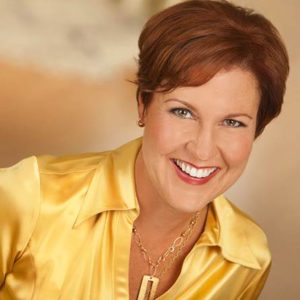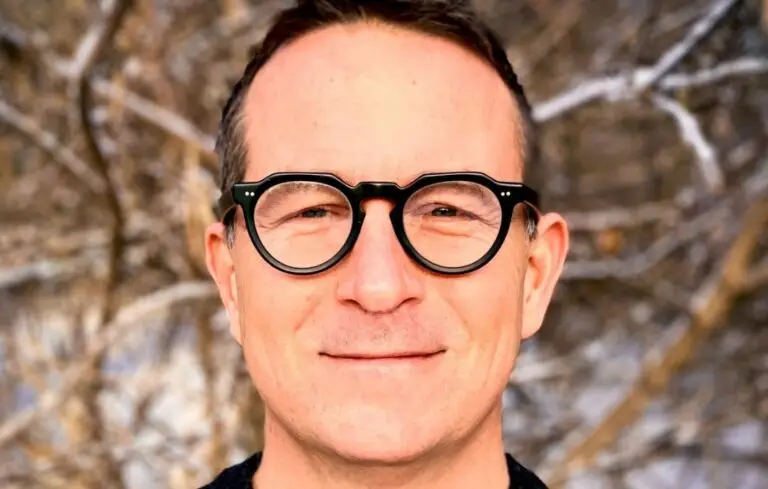In our corporate work cultures, it’s easy to find examples of high achieving executives and employees that believe that working relentlessly hard is a badge of honor. In industries like the legal profession, the medical field, the all-hours tech field, and investment banking, there are many single-focused high performers fueled by coffee and adrenaline, who continue to work 80-hour workweeks despite the gulp-inducing reality of burnout.
In the New York Times article, “In Silicon Valley, Working 9 to 5 is for Losers,” author Dan Lyons highlights a break-neck culture where “to succeed you must be willing to give up everything.”
But there is another type of executive that has emerged in our midst, and who deserves our rapt attention. In my two years of interviewing some of the top CEOs, founders and change-makers in our business world, I realized that a former assumption I had made was dead wrong. I believed at the time that our most impressive business leaders were fueled by intelligence, drive and excellence. This is true on many levels—but during my interviews I learned something astonishing:
Today, the most impressive business leaders in the world are fueled by a core of well-being, and what I call “wealth-being,” which is well-being leveraged for success in their personal and professional lives. They belong to a new generation of top executives and entrepreneurs who are amassing immense personal power with their behind-the scenes well-being—body, mind and spirit—and are showing up to their careers and their lives in break-out mode.
I call this movement, this undeniable trend, “the rise of the Exceptional Executive.” Why was it not brought to light before? Because it’s a somewhat new phenomenon as mindfulness paves the way for total well-being, and the executives have been cultivating well-being away from their highly public work lives, and mostly in their off-time. Many in the media who interview them don’t ask about their behind-the-scenes protocols. I’m passionate about shining a spotlight on the fact that, emerging in some of our most well-known companies, we now have leaders that instead of being black-and-white workaholics, are highly accomplished, multi-dimensional, technicolor powerhouses.
This advancement is here to stay; I believe we are never going back. The main reason is that workaholics burn out, but leaders fueled by well-being rise up. These leaders have upleveled our views of what’s possible to such an extent that they have permanently moved the lever on human potential. It’s as if the elevator has stopped at the penthouse and the view is so good, we don’t want to go back to the former floors.
And why would an Exceptional Executive be inspired to embrace (what I surmise are) the 18 different aspects of body, mind and spirit well-being? My research pointed to two reasons:
1) They don’t waste time, and well-being saves them time.
2) They are highly aware that well-being allows them to amass the maximum amount of personal and business success.
Here are some examples of Exceptional Executives who leverage body, mind and spirit well-being behind the scenes:
In the “body” category:
• John Mackey, CEO and cofounder of Whole Foods, longtime exercise enthusiast and vegan, hikes a few miles before work when he’s in Austin, and no matter where his travel takes him, he makes his own healthy breakfast. He is both energized from being in excellent shape, and he is well-fueled.
• Denise Brosseau, CEO of the Thought Leadership Lab, focuses on her sleep, combating her former insomnia with naps during her least energetic time between 5-8pm, and then maximizing her potential during her most productive time, during 8pm-midnight. She says, as far as sleep, “there are so many different tweaks that you can make.”
In the “mind” category:
• Robyn Denholm, chairman of Tesla, hones her focus in life by seeking advice from her long-time business mentors. Also, Robyn mentors others as a way to give back and to cultivate excellence in her staff. She says she looks up to “as much the people I work for as the people I work with.” She saves time by seeking and giving the best advice possible.
• Rich Fernandez, cofounder of Wisdom Labs and CEO, Search Inside Yourself Leadership Institute (SIYLI), meditates every morning in his San Francisco home, and his visualization exercises help him prepare for difficult business negotiations; he pays attention to what arises, imagines possibilities and prepares for the best possible outcomes.
In the “spirit” category:
• Chip Conley, founder of Modern Elder Academy and founder and former CEO of Joie de Vivre Hotels, is a self-described lifelong learner who prioritizes personal growth and who is “extremely curious.” He now leverages his passion to inspire others to garner wisdom in their midlife.
The Exceptional Executives wield such personal mastery over their body, mind and spirit that space is created in their lives for a multi-faceted embrace of everything they can be. With the body, mind and spirit core optimized, not only their time but also their potential is leveraged, and thus we are seeing evidence of astonishing accomplishment professionally and personally.
Take Gopi Kallayil, chief evangelist of brand marketing at Google, who is also a two-time bestselling author, a triathlete, and a 2018 semifinalist om the Toastmasters World Championships of Public Speaking. Or take Riley Etheridge, an accomplished musician, singer and songwriter, who, while he was the managing director of client segments and solutions at Merrill Lynch, a C-suite position at the firm, simultaneously released his fifth full-length music album, Secrets, Hope & Waiting (2016). In another example, Judy Belk, president and CEO of the California Wellness Foundation, a $1 billion+ nonprofit, is also a powerful personal essay writer whose work has appeared in USA Today, the New York Times, the Los Angeles Times, NPR and many others.
Inspired by these breathtaking leaders at some of our most visible companies, signs of this Exceptional Executive trend are swiftly trickling down into our workplaces and lives, giving us all insightful clues on how to open ourselves to experience our own full potential.







